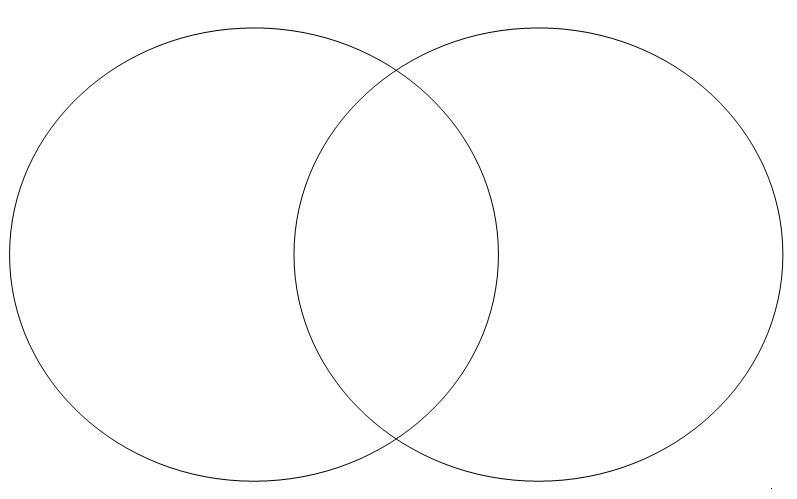- What's the ideal relationship between practice and theory?
- Is there anything that mediates that relationship?
- Can there be a discipline without practice and/or theory?
If I may, I would like to share my brief thoughts on these three questions before diving into the purpose of freshman writing. In regards to the ideal relationship between practice and theory, some in the class posited the division is largely constructed by connotations surrounding these two words. The relationship could be viewed as mutually beneficial (symbiotic) instead of parasitic or in constant opposition. I drew a venn diagram with theory and practice overlapping each other. I believe that theory and practice anchor one another, and inform each other. Yes, there is theory for the sake of theory, as there exists practice not informed by theory.
I believe the mediating force between theory and practice is layered and contextualized based on community. On one level, composition teachers share ideas through an academic community. These ideas disseminate in conferences, department meetings, and idle chat. Professionals glean ideas and theories from one another. The more basic level is the classroom. Professors have an obligation to their students. As they implement or experiment with different theories or practices, they should chart how these new thoughts work within the classroom environment.
 |
| Borrowed from maass.nyu.edu, from this lesson plan |
Finally, a discipline should be reflexive. It should challenge and be contentious. It should develop new theories that can reshape the discipline. In composition studies, the nearly complete transition from physical to digital communications is a point of discussion. How do composition theorists accommodate for new modes of communication? How do the old citation models work within an "open source" community? The composition classroom is in a state of flux, and professors have a responsibility (some would say ethical imperative) to adapt to their students' changing world.
This final idea (on which some theorists and practitioners will vehemently disagree with me) leads to the subject of this post: What is the purpose of freshman writing courses? Are they to simply prepare students for the rigors of academic writing? Are they developed to teach them critical thinking skills? Are they shaped in such a manner to prepare students for civic engagement? Ultimately, the question is up to the individual professor or writing program. For my own opinion, I think freshman writing courses teach students critical reading skills that transition to writing, as well as "real world" engagement with difficult topics. A rhetorical reader can create critical distance from a topic, gather information, and form their own decision. Perhaps I am pulling from ancient rhetoric from Greece, but freshman composition classes help students become better citizens in their communities.
I am intrigued with social activism models in freshman writing class, and how a professor can help students become engaged at the local level. I have not implemented those principles, but it is something I am considering for another semester.
No comments:
Post a Comment